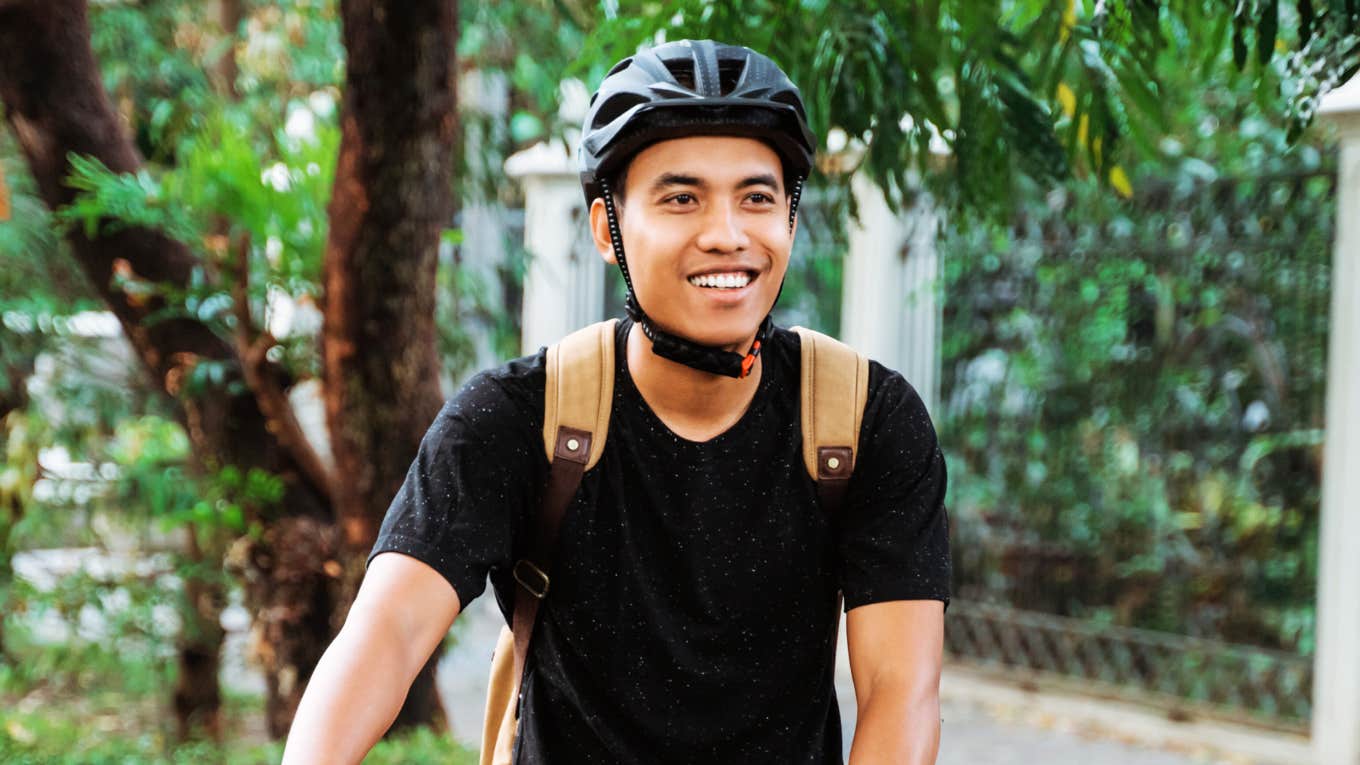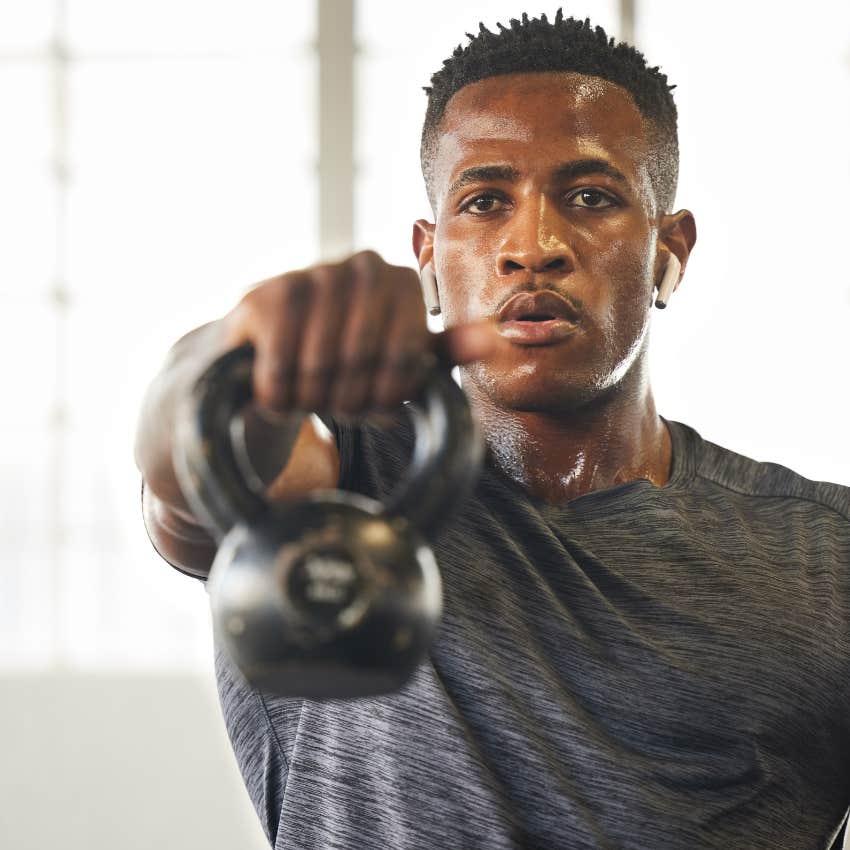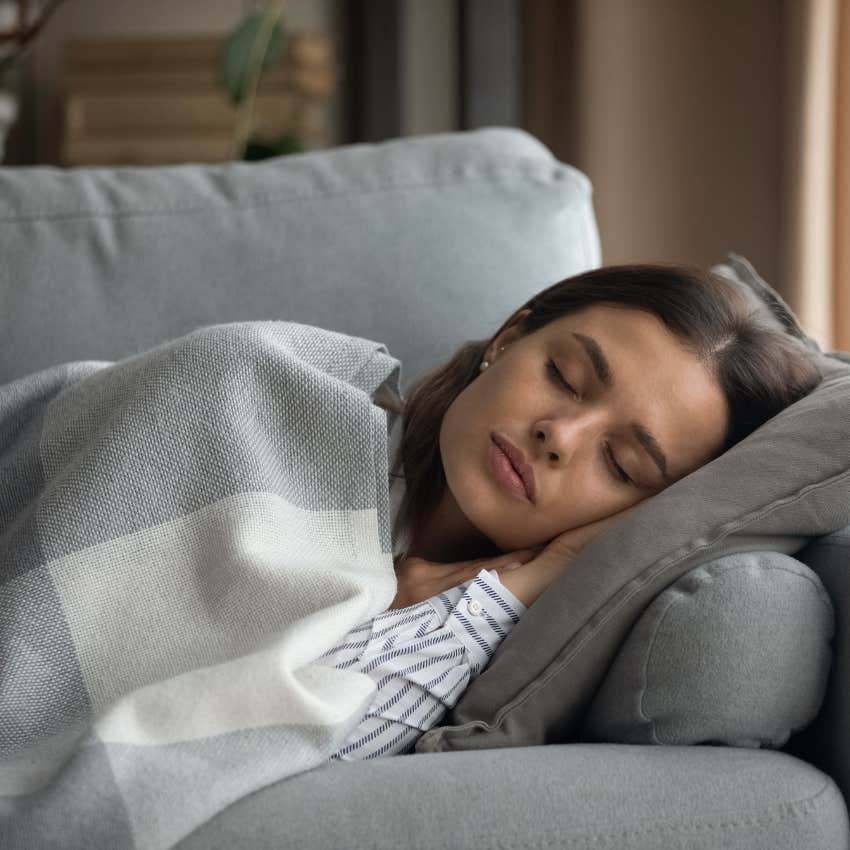If You Want To Look And Feel Young For Longer, Adopt These 10 Southeast Asia Lifestyle Habits
Simple rituals from Singapore and Malaysia, each linked to longer life and healthier aging.
 Odua Images | Canva
Odua Images | Canva I had come to Southeast Asia to disconnect. And in the process, I discovered a different way of being. Singapore hummed with precision and calm. Penang felt like a soft collision of cultures. Gaya Island offered a serene silence amidst the salt air. Kuching radiated generosity, and in Kuala Lumpur I found a rhythm I hadn’t felt in years.
But it wasn’t the architecture or food that changed me. It was the way people moved, paused, and gathered. How they took their mornings, honored their elders, and, surprisingly, how they aged.
If you want to look and feel young for longer, adopt these ten Southeast Asia lifestyle habits:
1. Eat until you’re 80% full
The Japanese call it hara-hachi-bu. But in Penang’s hawker stalls, I saw it practiced without words. Meals were modest, social, and unhurried.
No one stuffed themselves. I began asking myself: Do I need this last bite, or just the comfort it promises?
2. Sweat daily (even when you don’t mean to)
 Yuri A / Shutterstock
Yuri A / Shutterstock
It’s impossible not to sweat in Kota Kinabalu. But I began to appreciate the built-in detox of tropical heat. I walked more. Let my body regulate itself. Sweat, it turns out, is one of the quietest healers we have.
3. Mornings are sacred
On Gaya Island, I woke to locals doing tai chi, elders walking barefoot by the sea, and families sipping kopi without their phones. That slowness rewired me.
Just 30 minutes of stillness boosts mood and memory, according to research. My day, more mine — and less on autopilot.
4. Take off your shoes — and slow your breath
Everywhere I went (in homes, temples, and some cafes), shoes came off. And so did tension. That pause at the threshold became a new ritual: inhale, exhale, step in.
5. Watch how elders move
In Kuching, I watched a woman in her 80s carry bags from the market, stop to bow at a shrine, then climb stairs without strain.
Aging here didn’t look like decline. It looked like continuity. Grace was built into the way they lived.
6. Use your hands more often
In parts of Malaysia, meals are eaten by hand — a messy, beautiful ritual. Research shows that when people eat with their hands, they often perceive food as more delicious and satisfying, especially when they’re present and unrushed.
7. Let beauty be functional
I was struck by how everyday things (such as teacups, stoops, and sandals) had elegance. This wasn’t luxury. It was intentional.
And it made me want to handle my things (and time) more carefully. Less clutter, more dignity.
8. Walk the long way (even in the rain)
In Penang, I watched elders skip the elevator for the stairs. In Singapore, people walked through light rain as if it were nothing. We’ve engineered walking out of our lives.
But longevity begins at 3 miles per hour — and we’ve slowed down in all the wrong ways. And it’s never too late to reclaim it.
9. Prioritize togetherness
Multigenerational living is common in Southeast Asia. I saw grandfathers at playgrounds, teens at the temple with their aunties, and women laughing over shared soups. Loneliness ages the brain. Community can reverse that.
10. Take rest seriously
 fizkes / Shutterstock
fizkes / Shutterstock
In some parts of Malaysia, shops close at midday. In Kuching, hammocks weren’t just for tourists. The rest wasn’t laziness. It was rhythm. A major 2022 review found that short, regular rest periods are linked to slower brain aging and improved memory over time.
I didn’t return from Southeast Asia with souvenirs. I returned with new defaults. Not all habits can be transplanted across oceans.
But many can. Especially the ones that make you slow down, listen to your body, check in with it, and live as if aging is a privilege.
These aren’t travel tips. They’re aging antidotes.
And if we let them, they may just stretch our lives in the ways that matter most. These rituals helped me reset. Maybe they can help you too. Reclaim clarity in a chaotic world.
Dr. Michael Hunter has degrees from Harvard, Yale, and the University of Pennsylvania. He is the author of the ebook: Extending Life and Healthspan.

